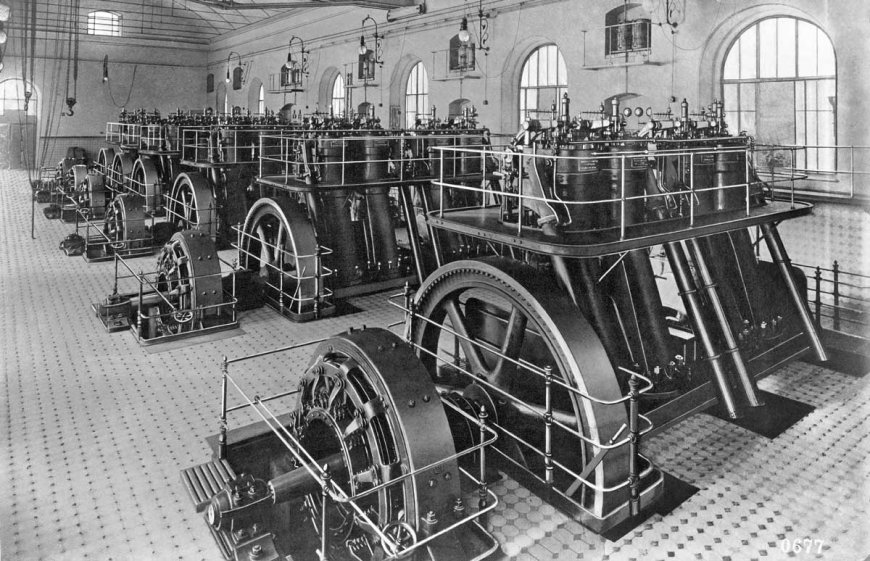Genesis Of Diesel Engines
The invention of the diesel engine goes back – all the way to the 1890s. Since their introduction, they have remained one of the most common engines used in power generation applications. Early Diesel Engine History In the 1870s, steam

The invention of the diesel engine goes back – all the way to the 1890s. Since their introduction, they have remained one of the most common engines used in power generation applications.
Early Diesel Engine History
 In the 1870s, steam was the main supplier of power for factories and trains. Steam-powered cars were even being produced alongside those using internal combustion engines. Enter Rudolf Diesel.
In the 1870s, steam was the main supplier of power for factories and trains. Steam-powered cars were even being produced alongside those using internal combustion engines. Enter Rudolf Diesel.
Diesel was a student learning about thermodynamics at the time, and he got the idea for creating an engine that would be highly efficient and convert the heat it generated into power. He got to work developing what would become the diesel engine.
He set up his first shop in 1885 to start the development of this new engine and to put his theories into practice. One of his hypotheses was that higher amounts of compression would lead to higher efficiency and power.
Diesel received patents for his designs during the 1890s. The first diesel engine prototype was built in 1893, though the first engine test was unsuccessful, so it was back to the drawing board.
In 1897, Diesel produced successful results after many improvements and tests. In February of that year, he was able to show an efficiency of 26.2% with the engine. Compared with the steam engine popular at the time, the engine Diesel had developed was more efficient by 16.2%.
The high efficiency and simplicity of Diesel’s engine was something that made it an immediate success. By 1898, Diesel had become a millionaire. Unfortunately, he was unable to revel in his accomplishments or riches for too long.
Diesel Engine Through the Years
In 1925, Swiss engineer and inventor Alfred Büchi was able to combine his turbo charging technology with a diesel engine and increase efficiency by more than 40%. The majority of modern diesel engines utilize Büchi’s principles and are turbocharged.
Fuel-injection pumps were improved upon and introduced in 1927 by German inventor and industrialist Robert Bosch, helping to increase the fuel economy and efficiency of the engines. The first passenger vehicle with a diesel engine was launched by Mercedes-Benz in 1936.
By the 1960s, diesel engines were the top source of power for the commercial trucking industry. The United States enacted the Clean Air Act in 1963 to help reduce and control pollution, and through the years the diesel engine saw updates and evolutions to help meet these guidelines.
Since the mid-2000s, diesels have become equipped with various new parts to help reduce emissions and make them more environmentally friendly. Cummins released next-generation diesels in 2017 that have redesigned emission controls and benefits to fuel economy.
Diesel engines have been used in commercial trucking and in the general car market, but they’re also used as stand-alone generators for use in a range of industries. They continue to become more advanced in the realm of emissions control, with focuses on cost and efficiency as well.
Courtesy: Universal Technical Institute.


Hits: 72


















